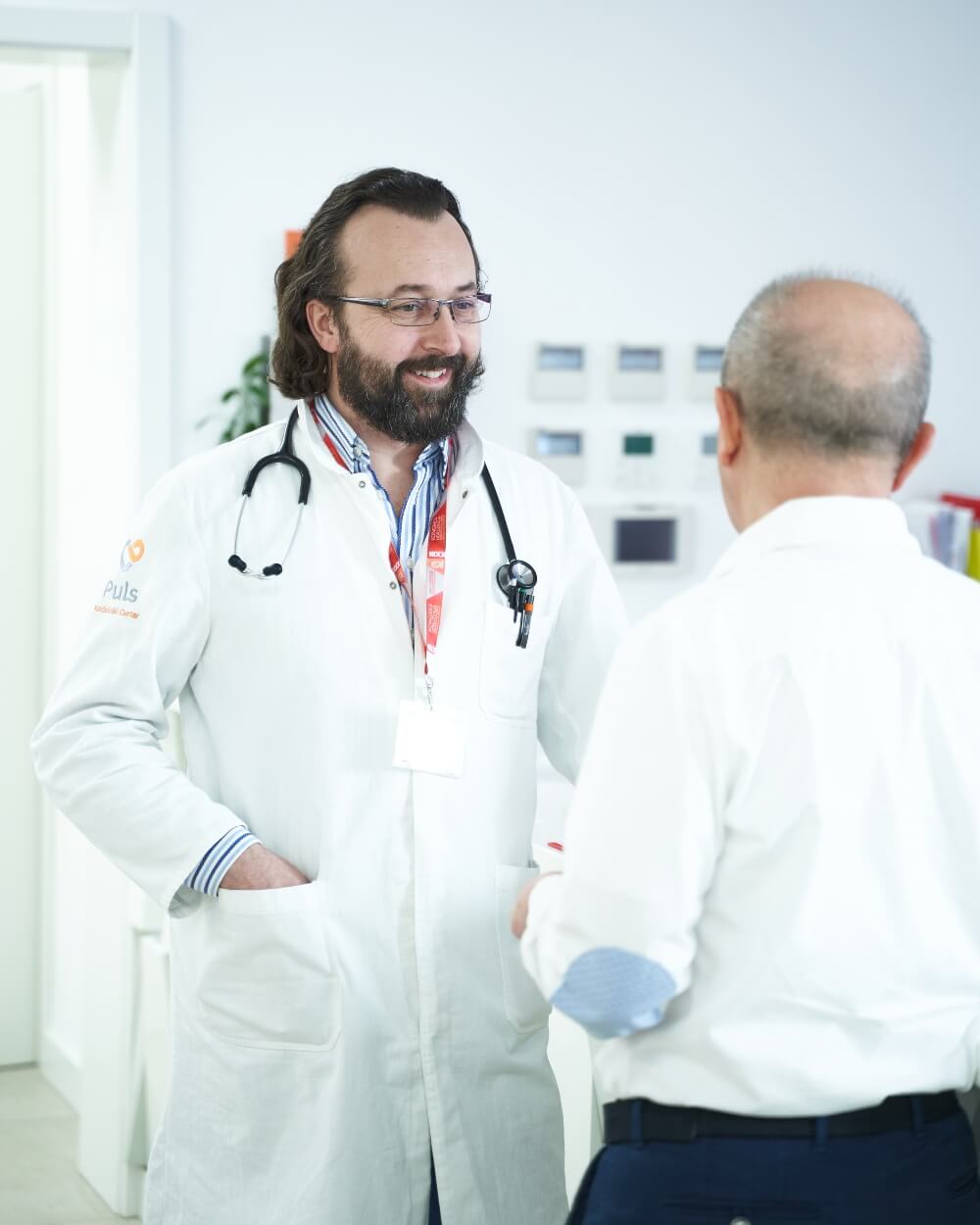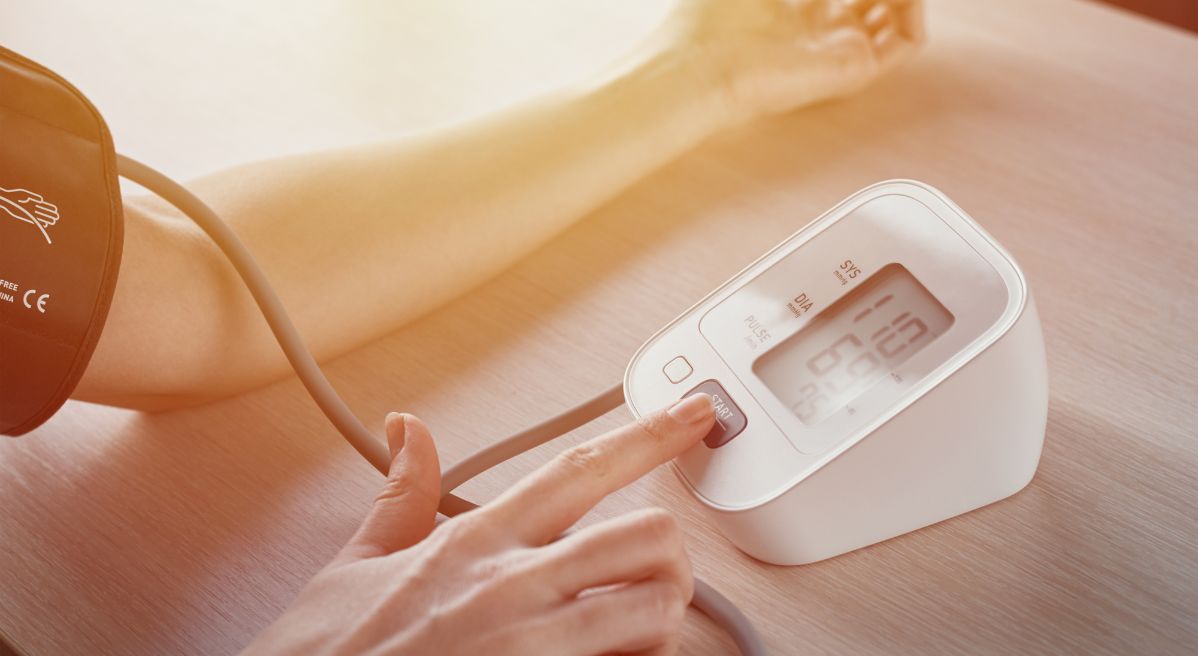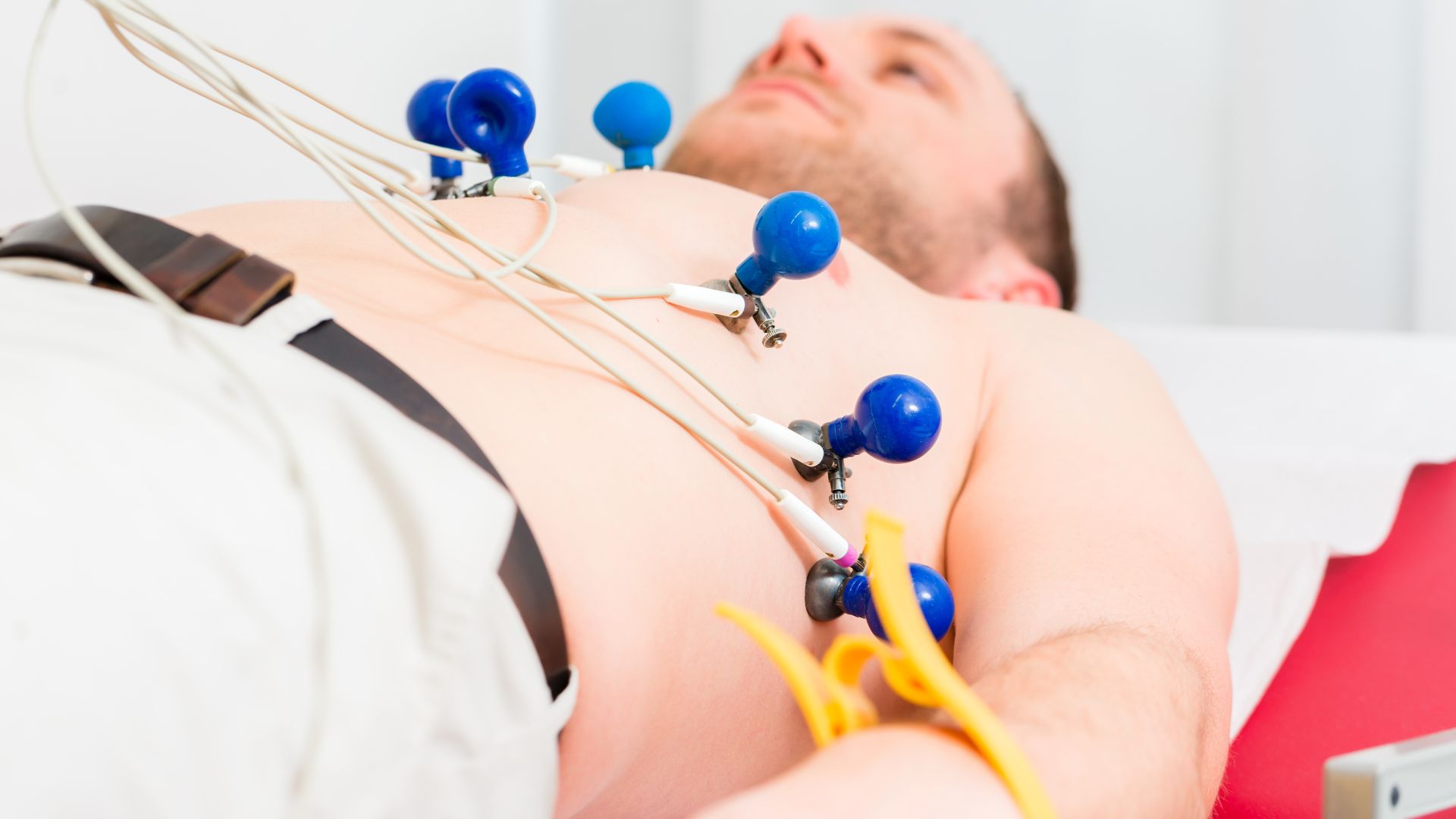Sometimes, the headache pain can be so intense and unpleasant that it seriously disrupts the patient’s life, leading to a lack of enthusiasm for social and professional activities. One thing is certain, headaches should not be endured, and the judgment of whether they are dangerous or not should be made by a medical professional.
What types of headaches exist?
The basic classification of headaches includes two types:
- primary
- secondary
Primary headaches are the most common, and their origin cannot be linked to any other problem, such as anatomical changes and abnormalities, inflammation, and the like. Migraine, tension headache, and trigeminal autonomic cephalalgia belong to this group.
Secondary headaches are those that are a symptom of another disease. Just because you feel a headache does not mean that the primary problem is located there. Other symptoms you experience are also important for diagnosing the true cause, and a good medical history will be crucial for further testing and a final diagnosis.

Causes of headaches
We have identified the most common causes of headaches.
Lifestyle and stress
Primary headaches, including migraines and tension headaches, are often caused by stress, anxiety, depression, or specific lifestyle factors. Even what we eat, drink, and how we deal with daily situations can be triggers for how we feel, including whether we will have a headache. In the case of migraines, the pain is usually localized to one side of the head, while tension headaches are characterized by pressure in the head, as if wearing a tight cap.
Headaches that last for days, even when they are of the primary type, can greatly affect a patient’s overall well-being, especially if they are intense. These headaches can be treated with medication, but for long-term effects, it is best to make changes in routines, eat healthier, spend more time in nature, exercise, and find effective ways to manage stress.
Head injury
The intensity and duration of a headache, as well as its treatment, depend on the type of head injury. In the case of superficial external injuries, headaches often resolve on their own and do not have accompanying symptoms. For internal head injuries, dizziness is also a common symptom, and a detailed examination by a specialist is necessary.
Concussion
A concussion can cause headaches, and there is a condition known as post-concussion syndrome that involves headaches and dizziness that can persist long after the concussion. Because of this, patients are often worried and suspect that they may have a more severe injury, but that may not be the case. However, it is best to undergo further examinations to rule out all other possibilities.
Brain aneurysm
A brain aneurysm is a potentially life-threatening condition, and it is crucial to diagnose it in a timely manner. An aneurysm refers to a weakened, thinning section of a blood vessel that forms a balloon-like bulge that can potentially rupture. Patients who are fortunate may start experiencing symptoms before the aneurysm ruptures. These symptoms usually include headaches, dizziness, brief loss of consciousness, and vision problems. The manifestation of symptoms depends on the location and condition of the aneurysm.
Unfortunately, many people are unaware that they have an aneurysm until it ruptures. When a rupture occurs, the signals can be extremely severe headaches, sensitivity to light, sudden vision problems, drooping eyelid, vomiting, nausea, neck stiffness, or pain. When an aneurysm ruptures, it is essential to seek immediate medical attention in order to save a life.
Stroke
A stroke can occur due to the rupture of an aneurysm (less commonly) or due to the blockage of a blood vessel in the brain caused by a thrombus or as a result of advanced atherosclerosis. Intense headaches can be one of the first signs of a stroke. The pain is usually localized in the back of the head.
Weakness in the arms and legs, speech problems, inability to move the face normally (patients experiencing a stroke often cannot smile symmetrically, one side of their lips droops), dizziness, nausea, and vomiting are also signs that can be associated with a headache in this situation.
When a stroke occurs, it is crucial to call emergency services as soon as possible. The first two hours from the onset of symptoms are critical for the patient.
Tumor
Patients who experience headaches, especially if they are frequent and severe, often fear that the cause may be a tumor and therefore seek medical attention. It is difficult to define a headache characteristic of malignant diseases, but there are some facts that can serve as initial guidance.
Headaches as a result of tumors:
- Typically localized where the tumor is.
- The intensity can vary and does not necessarily have to be severe.
- They may start in the morning and intensify throughout the day, during activities, or with changes in position or coughing.
- They can resemble tension headaches (non-pulsating pain, not severe, bilateral, may include a feeling of pressure in the head, not worsened by changes in position).
- They can also resemble migraines.
Headache can be a symptom of a tumor, but it is among the rarer symptoms that lead to the discovery of a tumor.
Problems in the cervical spine
A vast number of people today experience headaches due to issues primarily originating in the cervical spine. Individuals who engage in office work for extended periods, as well as those who work in awkward positions in factories, are among the at-risk groups. When attempting to identify the true cause of headaches, it is important to inform the doctor about your occupation, as it can provide valuable information. However, this type of headache differs in intensity and associated symptoms from those that signal an aneurysm or stroke, which represent emergency situations.
Diagnosing a headache

Diagnosing a headache will not follow the same process for every patient. The medical history gathered by the doctor during the initial encounter will guide further analysis in a specific direction. To ensure a shorter and faster path to a final and accurate diagnosis, it is important to choose the right specialist.
Cardiology Center Pulse is the place for you. Based on years of experience, our doctors have developed several Neurology packages aimed at expedited diagnosis and efficient treatment of patients with headaches.
Neurology Package 1 includes a neurological examination and Doppler ultrasound of the neck blood vessels.
Neurology Package 2 encompasses a neurological examination, Doppler ultrasound of the neck blood vessels, and Transcranial Doppler (TCD) examination.
The Headache Package is the most comprehensive, as it includes a neurological examination, Doppler ultrasound of the neck blood vessels, TCD examination, cardiology examination, laboratory tests, and a CT scan of the head.
Treatment for headaches:
If you have primary headaches, a neurologist can recommend therapy, medication, or changes to your diet and daily activities. When these issues are related to depression and anxiety, involving a psychologist or psychiatrist is necessary. Secondary headaches only disappear when the underlying problem causing them is resolved, so treatment will be focused on addressing the primary issue. If you are concerned about the headaches you are experiencing, do not hesitate to seek help. The underlying cause of the pain may not be serious, but you will feel much better having it confirmed by a medical professional.
The Headache Center within the Cardiology Center Pulse offers fast service and all the necessary analyses in one place. Call us and schedule your appointment.





